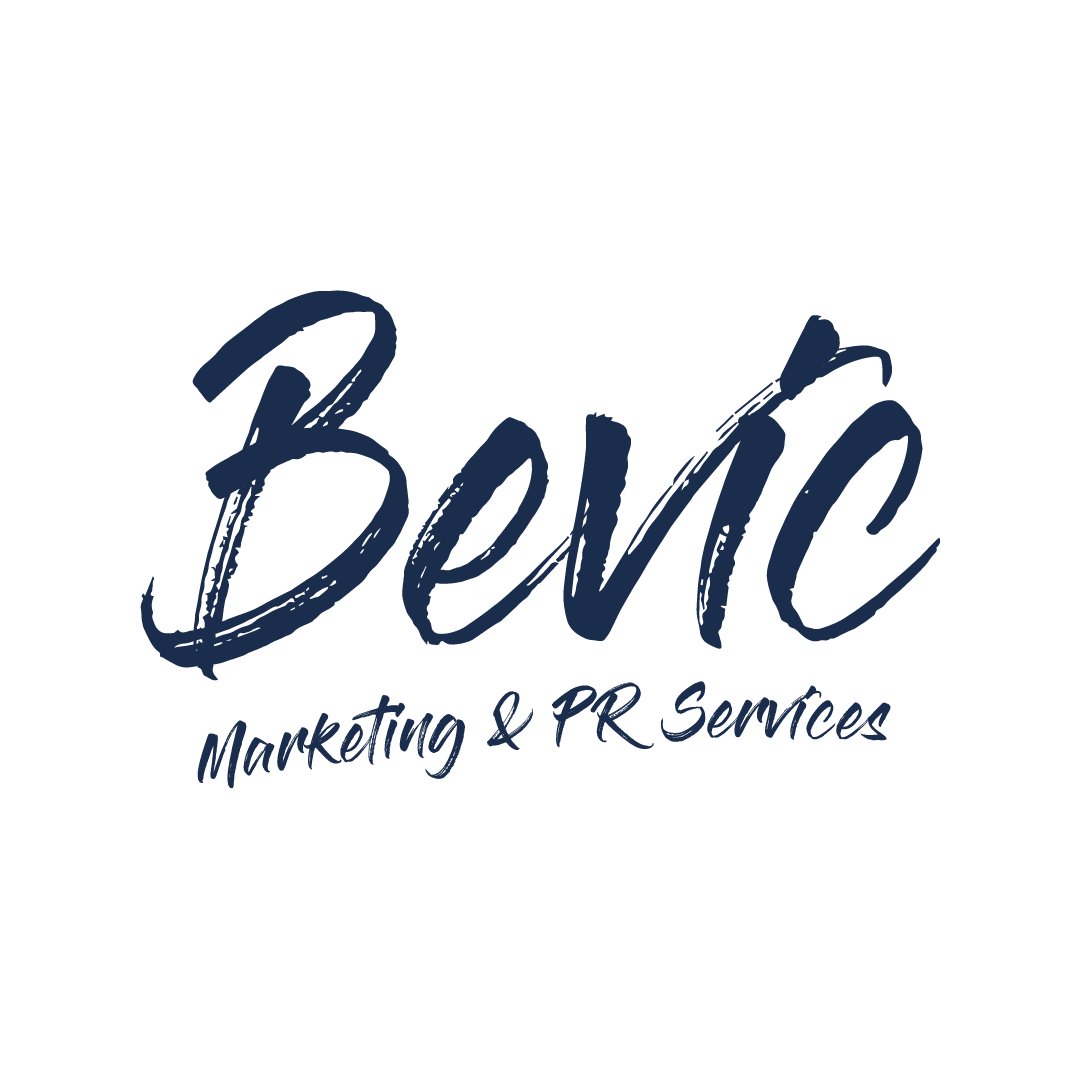Why PR is a Game Changer for Small Businesses & How to Include it in Your Marketing Plan
In today’s competitive marketplace, small businesses often face the challenge of standing out among bigger, more established competitors. Limited budgets and resources make it difficult to reach large audiences using traditional marketing methods. This is where Public Relations (PR) can be a true game changer. Unlike paid advertising, PR leverages media exposure, reputation management, and storytelling to create credibility and build long-term trust with your audience. The power of PR lies in its ability to get your business noticed in a way that feels authentic to consumers, without breaking the bank.
But how can you integrate PR into your marketing plan? Let’s explore why it’s so impactful and how you can leverage it for your small business.
Why PR is Essential for Small Businesses
1. Builds Credibility and Trust
For small businesses, credibility is everything. Consumers are more likely to trust a brand that is endorsed by a third party, such as a news outlet, industry influencer, or reputable blog. PR can position you as an authority in your field by getting media coverage for your successes, innovations, or unique business approach.
Instead of telling people how great you are (as you would in an ad), PR allows others to do it for you—boosting your trustworthiness in the eyes of potential customers.
2. Cost-effective Visibility
Small businesses often operate on tight budgets, so cost-effective marketing solutions are crucial. PR offers free or low-cost exposure by securing interviews, guest articles, or media mentions. With the right PR strategy, you can reach a large audience without significant spending, making it one of the most efficient marketing tactics out there.
Whether it's a press release or a feature story, this organic coverage can yield better long-term ROI than expensive ad campaigns.
3. Differentiation Through Storytelling
One of the most powerful ways small businesses can stand out is by sharing their unique story. PR helps businesses craft and communicate their brand narrative in a way that resonates with audiences. What makes your business different? Is it your mission, the way you treat customers, or a specific problem you’re solving?
PR allows you to highlight these aspects, helping you differentiate your business from the competition and connect emotionally with customers.
4. Attracts Investors and Partners
Small businesses are always looking for opportunities to grow, and good PR can attract investors and business partners who might otherwise overlook you. When your business is positively covered in the media, it shows the outside world that you’re credible, growing, and worth investing in.
Many startups and small businesses have landed funding or strategic partnerships because of the trust PR helps build.
5. Improves SEO and Digital Presence
PR can also give your online presence a significant boost. Media mentions and backlinks from reputable sites not only drive traffic to your website but also improve your search engine rankings. A well-executed PR campaign can improve your SEO, meaning customers searching for businesses like yours are more likely to find you first.
By amplifying your digital footprint, PR helps strengthen your overall marketing strategy.
6. Manages Reputation
Even small businesses face challenges or crises, and having a solid PR strategy in place ensures you can handle them professionally. Effective PR is not just about getting good press; it’s also about managing your reputation when things don’t go as planned. This ability to communicate quickly and clearly during tough times can preserve your brand’s integrity and strengthen customer loyalty.
7. Drives Engagement
A well-placed PR story can generate buzz on social media, blogs, and forums. Engaging with customers and communities who come across your brand through PR opportunities allows you to build relationships and nurture a community around your business. This kind of engagement often leads to increased brand loyalty and higher customer retention rates.
8. Supports Long-Term Growth
The beauty of PR is that it helps build long-term brand equity. Unlike ads, which provide immediate but short-term results, PR works over time, gradually improving how your business is perceived. With a consistent PR strategy, you’ll be top of mind for potential customers when they’re ready to make a purchase.
Integrating PR Into Your Marketing Plan
Adding PR to your marketing strategy doesn’t have to be overwhelming. Here are a few steps to get started:
Set Clear PR Goals
Define what you want to achieve with PR—whether it’s increasing brand awareness, building your reputation, or attracting new customers.
Identify Your Target Audience
Just like any marketing effort, know who you’re trying to reach. What media outlets do they consume? What influencers do they follow? Tailor your PR efforts accordingly.
Create a Compelling Story
What makes your business unique? Develop key messages around your brand's story that will resonate with both the media and your audience.
Leverage Media Relationships
Building relationships with journalists, bloggers, and influencers is essential for securing coverage. Regularly pitch stories, product launches, or thought leadership pieces.
Monitor Results
Track the success of your PR efforts by monitoring media mentions, website traffic, and customer engagement. This will help you refine your strategy over time.
Ready to give your marketing a Bevic Boost?
Bevic is your expert outsourced marketing and PR support, working with good people doing great things. We're friendly, hard-working, and results-driven, known for our straight-talking, fun, and creative approach. Based in Yorkshire, we partner with public sector organisations, SMEs, charities, and solopreneurs across various industries.
Whether you need ongoing team support, social media management, media profile raising, creative campaigns, or focused workshops like our Bevic Power Hours and Deep Dive sessions, we're here to help.
Let's chat over a virtual cuppa! Get in touch to discover how Bevic can elevate your marketing - vicky@bevic.co.uk
